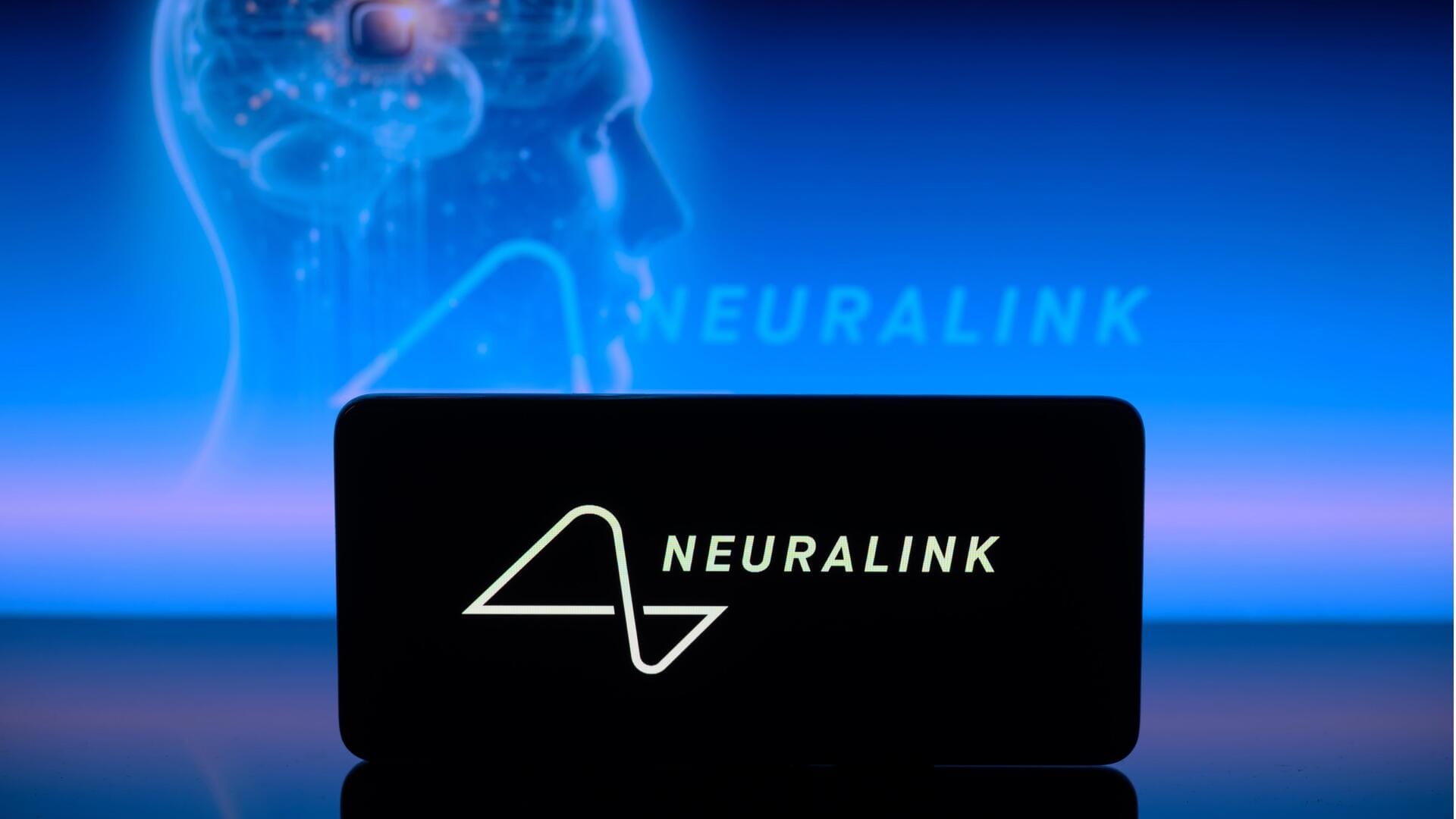
Neuralink ready for 2nd brain chip implantation next week
What's the story
Neuralink, a brain-computer interface start-up from Elon Musk, is preparing to implant its innovative brain chip device in a second patient within the next week. The company started accepting applications for a second participant earlier this year. The technology enables paralyzed individuals to control digital devices using brain signals. "We're only just moving now to our second Neuralink patient... But we hope to have, if things go well, high single digits this year," Musk said in a recent briefing.
Patient progress
First patient achieved stability post-implant
The first recipient of Neuralink's brain chip implant was Noland Arbaugh, an Arizona resident paralyzed from the shoulders down after a 2016 accident. Despite initial issues with wires inside the implant shifting, Musk confirmed that Arbaugh's implant is now "more or less very stable." Neuralink executive Dongjin "D.J." Seo explained that stability is achieved once tissues anchor the threads in place post-surgery.
Risk management
Implementing strategies to mitigate surgical risks
To minimize risks associated with the implant procedure, Neuralink is adopting strategies such as skull sculpting and maintaining normal blood carbon-dioxide levels in patients. Matthew MacDougall, Neuralink's head of neurosurgery, has detailed future plans stating that "In upcoming implants, our plan is to sculpt the surface of the skull very intentionally to minimize the gap under the implant... that will put it closer to the brain and eliminate some of the tension on the threads."
Future goals
Musk envisions superhuman abilities with Neuralink implants
Musk has ambitious plans for Neuralink, envisioning the implants to provide superhuman abilities beyond restoring functionality. "We want to give people superpowers," Musk stated. He also discussed developing an automated process for Neuralink's surgery robot to swiftly install custom implants in individuals seeking "upgrades." The company is also working on improvements to mitigate issues experienced during Arbaugh's surgery, such as electrode threads retracting from brain tissue.
Initial success
Arbaugh controls digital devices, Neuralink optimistic about future
Arbaugh has successfully controlled a computer cursor with his brain, played chess, browsed the internet, and even taking language lessons. Musk expressed optimism about the future of Neuralink's technology, stating "it's only going to get better from here." He also emphasized the company's commitment to animal welfare during research processes, asserting "We really do everything we can to maximize the welfare of the animals."